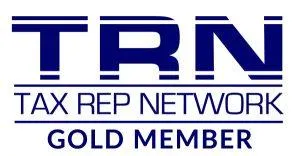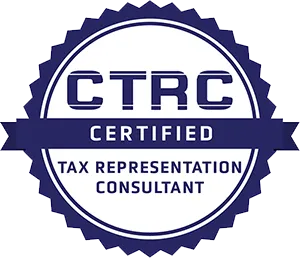(678) 717-9818
We hate seeing money wasted.
Books, Taxes & More makes small to medium-sized businesses more profitable.
Are you taking full advantage of every legitimate tax deduction and credit?
Have you received a letter from the IRS?
Do you have access to the information you need to make strategic business decisions?
Get an accounting partner who is as passionate
about your business as you are.
At Books, Taxes & More we specialize in helping business owners establish and maintain solid accounting systems. From basic compliance to strategic planning, our number one goal is supporting your success.
0
Tax Returns Filed
0
Successful Representation
0
Cups of Coffee Consumed
Better service. Bigger profits.
Books, Taxes & More offers a full range of business accounting services— from basic tax prep to representation. Whether you need tax preparation and planning, monthly accounting services, or expert representation to settle an issue with the IRS or your state Department of Revenue, we’ve got you covered.

Support - Representation
Problem with the IRS or the State?

GROWTH- Tax Prep & Planning
Grow Your Business & Control Your Taxes

NUMBERS - Business Accounting
Track The Numbers That Measure Success

Quick Connect Form
By checking this box, I consent to receive transactional messages related to my account, orders, or services I have requested. These messages may include appointment reminders, order confirmations, and account notifications among others. Message frequency may vary. Message & Data rates may apply.Reply HELP for help or STOP to opt-out.
By checking this box, I consent to receive marketing and promotional messages, including special offers, discounts, new product updates among others. Message frequency may vary. Message & Data rates may apply. Reply HELP for help or STOP to opt-out.
Love Our Services? Leave Us a 5-Star Review!
See why our clients love us!
Get In Touch With Books, Taxes & More
You can count on us for professional, timely, and reliable tax and accounting services. If you’re ready to get started, just fill out this form and we’ll be in touch.

SAVED MY LIFE
"Let me just say Mr Perry is the person to do business with regarding taxes. He basically saved my life. I love his confidence in trying to find a solution. I have no knowledge of tax terminology. Mr Perry broke it down and explained in detail in a way for me to understand. He is very thorough and efficient and what he does. If I ever have hiccups he’ll be the main person that I will consult with." ~Ms. Harper

THE PROFESSIONAL YOU NEED
"Steve Perry has been a beacon of light for us in dealing with the IRS. His knowledge of the tax codes has been a good experience for us with our own tax issues over the past several years. We would recommend Steve for all your personal and professional requirements." ~Bob Braithwaite

HIGHLY RECOMMEND
"I hired Books, Taxes & More to prepare my 2018 business and personal returns and they were stellar! Since then I’ve needed their assistance several times and there has never been a hesitation or charge. Highly recommend them; they are very knowledgeable and professional!" ~Gary Daniels
Make your business more profitable today.
Call us at (678) 717-9818 for a consultation.






© 2025 Books, Taxes & More - All rights reserved. Policy & Terms
Terms Of Service | Privacy Policy | Accessibility Statement | Powered by Joe Martin & Associates
